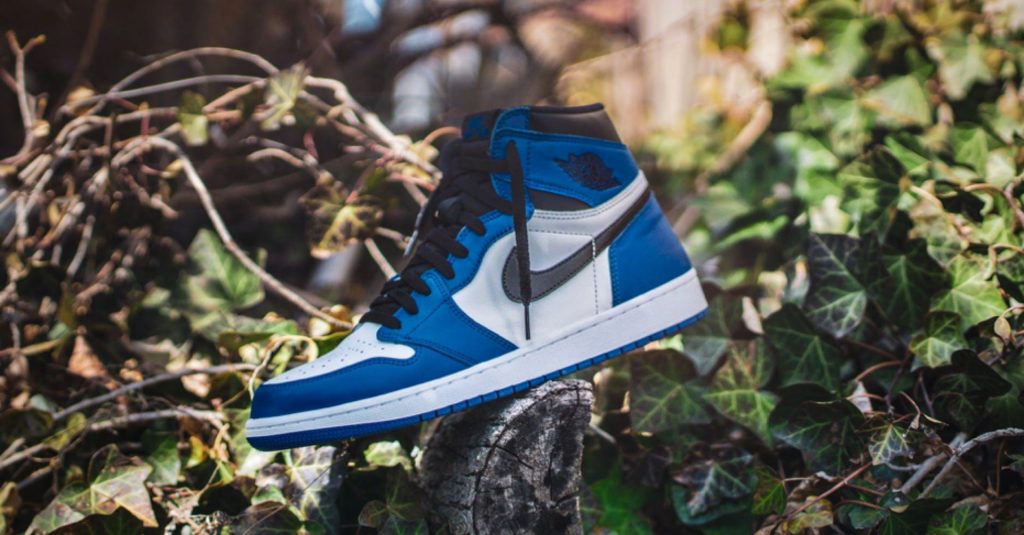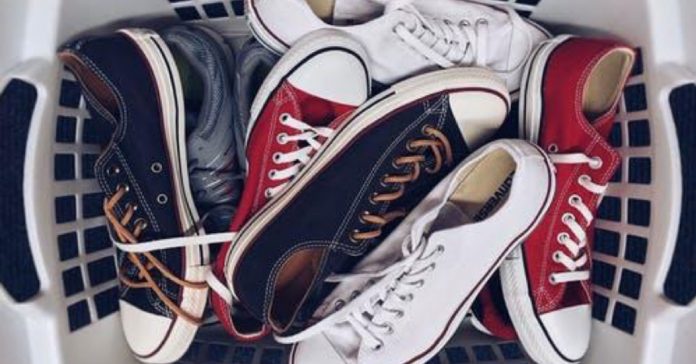Right now, the shoe industry does not have an enviable reputation when it comes to being sustainable or ethical. Below are a few data generated from organizations that aim to foster sustainable practices by providing an open-source platform for persons interested in working towards better ways of making shoes:
- In 2014, the world saw the production of 24.3 billion pairs of shoes.
- A single shoe can contain 65 parts that require 360 steps for assembly; this makes it also challenging to separate and recycle
- Less than 5% of waste from post-consumer shoes is recycled
- Just 2% of the final price of a shoe goes to the workers who made it
- 87% of the global footwear production occurs in Asia
- 85% of the leather produced in the world is tanned using chromium; a pollutant considered the fourth-worst globally.
- The billions of footwear produced every year are responsible for 1.4% of the world’s greenhouse gas emissions.
Air travel accounts for 2.5% of all emissions. Hence, for the production of shoes to account for as much as 1.4% of all emissions, the world may be in more considerable trouble than imagined. It is time for everyone on the planet to consider switching to sustainable/environmentally-friendly shoes.
What Are Sustainable Shoes?
Eco-sustainable shoes are produced with vegetable fibers. They are organic. In addition, other parts of these shoes are created with recycled products, which would naturally end up as non-biodegradable waste if not recycled. Several shoe brands recommended by environmentalists listed on Econosa.com embrace sustainability in all stages of production, from manufacturing to packaging. These shoes will help us reduce our carbon footprints (literally).
The raw materials used to make these shoes are fibers of plant origin, such as organic cotton or fabrics extracted from hemp leaves. Contrary to what one might think, these fibers are firm and do not wear out quickly.
Inorganic shoes, the upper and the sole are joined by vulcanization based only on heat and pressure. Therefore, it is much easier to recycle the materials without glue and reintroduce them into the production process.
Thus starting from the design, a circular economy is created in which the footwear, once its life cycle has ceased, is disassembled, reworked, and used again!
A great deal of attention is given to the production process as well as the packaging. Traditional packaging, which consists of plastic materials, is one of the most polluting products on the market. Environmentally friendly shoes are packaged in cardboard boxes made from recycled material to reduce the accumulation of waste.

Why Should You Buy Sustainable Shoes?
- By purchasing sustainable shoes, you choose that have significant impacts on the environment and the world. This decision is a real investment in the future. Encourage producers to make environmentally friendly products, reduce carbon emissions, and conserve natural resources while supporting companies that make ethical choices. If everyone started protecting natural resources, reducing waste, or managing their consumption with greater awareness, there would be hope for future generations.
- Choosing sustainable shoes also helps support local suppliers and the ethical market. It will improve the working and living conditions of staff and communities.
- When you buy sustainable shoes, you also pass a strong message to those around you and the economic system. You inspire the birth of a market-oriented towards the production, sale, and purchase of sustainable products. So, in your little way, you activate a circuit in which the environment is safeguarded. Co-sustainable products increase, businesses can put more significant pressure on suppliers to make sustainable packaging and raw materials accessible.
- By buying sustainable shoes, you improve the life of your feet. Wearing eco-sustainable shoes also eases allergies, reduces sweating, and inhibits fungus infestation.
- Sustainable shoes are also durable and durable, as they are made with the utmost care of craftsmanship. Eco-sustainable brands focus on quality, using materials and finishes made to last and kind to the environment. Clothing produced by fast fashion brands is not made to last – the aim is to get you to spend more, so why would the focus be on making quality, long-lasting clothing? In choosing sustainable brands that provide quality, you can reduce your waste and the amount of clothing you buy.
- Finally, by purchasing eco-friendly shoes, you make a choice that protects nature, respects wildlife, and gives well-being to your body.
You might be wondering the impact of a couple of sustainable shoes you’ll buy on the world’s emissions and global warming at large. You just need to remember the statistics we shared earlier and know that your tiny drops of water can make a mighty ocean.


